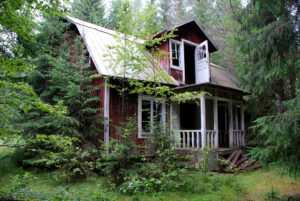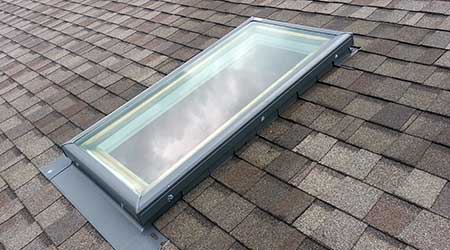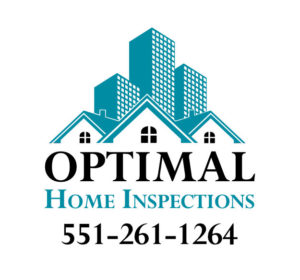
Yes, I know how exciting buying is! Sometimes a little too exciting.
You’ve come to this post probably cause your offer just got accepted on the home of your dreams, and your attorney, realtor, or someone involved in this transaction has said now is the time for a home inspection. You probably have a small window to get the inspection, and you don’t know where to start. This post is for you.
Should I waive the inspection contingency?
Waiving the contingency in this competitive market is something you need to discuss with your attorney. If you waive the contingency, you should absolutely, positively get an inspection anyway. If something significant comes up in the inspection, you can always walk away. Here is a good article on Inspection Contingencies here.
Why get an inspection?
Waiving the contingency or not, the inspection will give you a lot of information you can’t get any other way. The inspection may be the only time you will get a reasonable amount of time to explore the home. Every major system in and around the house is inspected by someone who has gone through intense classes and supervised mentoring. All New Jersey home inspectors must earn continuing education in all aspects of buildings components and systems. If they offer termite inspections and radon measurement, there are special licensing and continuing education for those inspections too.
What about the condition of homes in this market?
I have inspected hundreds of homes in this very competitive market, and my take on it is here. It is a very tight market, not many homes are for sale, and prices are high – right, I know, obvious. The homes that are available for newbies, who generally don’t have a lot of money, are typically older homes that have not been very well taken care of – that’s why they are affordable.
Houses, townhouses, apartment condos, and co-ops all age and need maintenance, and eventually need repairs. Every home inspector will tell you no home is perfect. The homes available to first-time homebuyers will probably need repairs. This is where an experienced home inspector comes in. You want an inspector who can identify the minor issues from the truly major problems that can take a lot of money to repair. Your inspector will help open your eyes to the potential issues and put them in perspective for you.
The home is new, should I still get an inspection?
New homes just completed by a builder still need an inspection! Builders will say that the home has passed all its required inspections by the municipality, so it doesn’t need a home inspection. Still, a home inspection is not a permit or code inspection; we look for different issues. Two quick examples of what I discovered at new homes that the town inspector passed. I test dishwashers to ensure they work and don’t leak. I have found many with no power – they were just put in place but never wired. I found one leaking water and flooding the basement of a new townhouse. I also test air conditioning when the temperature permits; after running the AC for about an hour, I discovered a large puddle of water in the kitchen under where the AC unit was mounted in the attic. These are just two examples of the many issues found at new homes.
What’s the bottom line?
Always, always get a home inspection! Even if you agreed to waive the contingency, there is so much about the home that you won’t learn unless you hire a licensed home inspector to work with you. Lastly, especially if you are a first-time homebuyer, always tag along with the inspector; they will show you what they find and answer all your questions.






